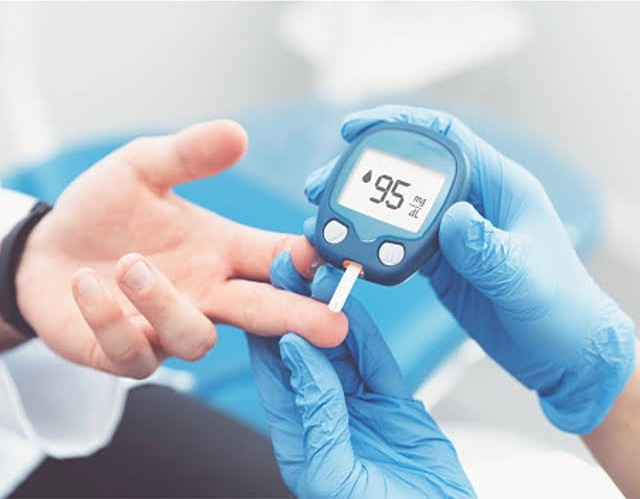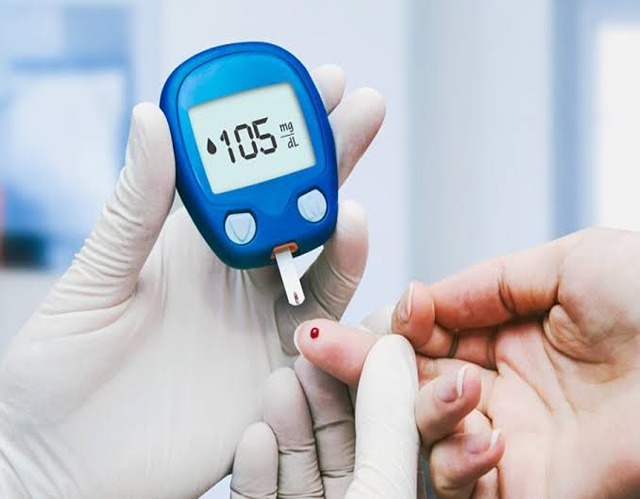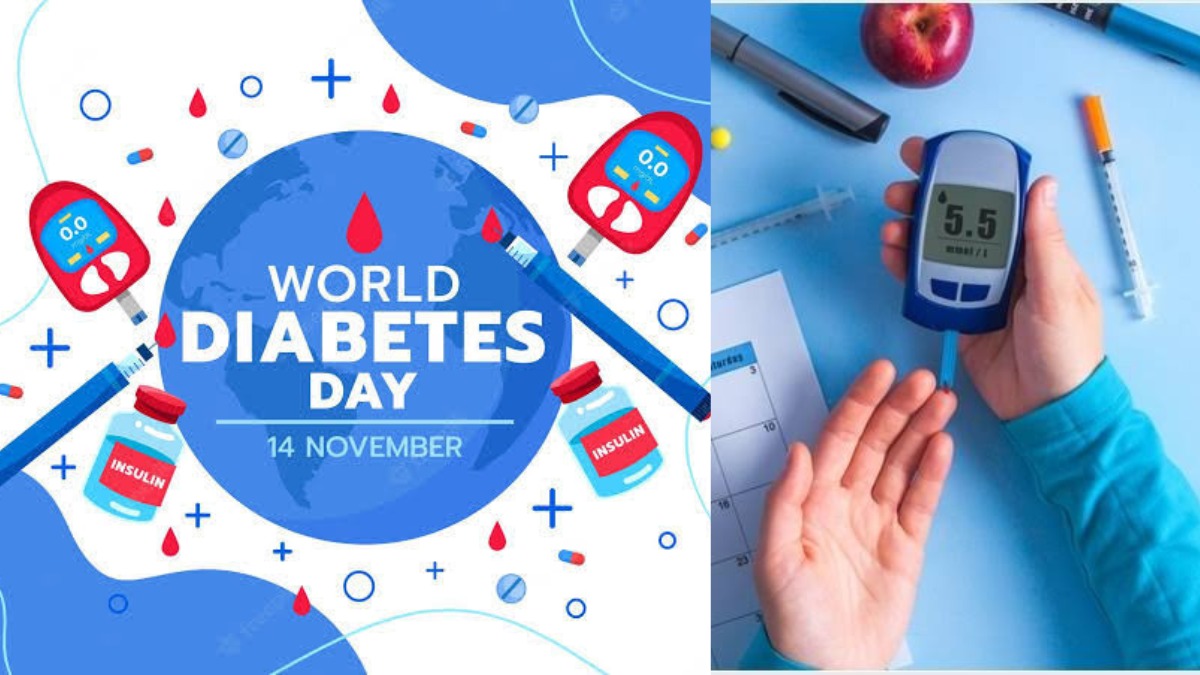Every diabetes patient is concerned about their blood sugar levels fluctuating. If you see a sudden spike in sugar levels, follow these steps.
The goal of diabetes treatment is to keep blood sugar levels within a normal range through food, lifestyle changes, and medication. This aids in the prevention of long-term diabetes problems. When diabetic blood sugar levels rise, they know how to naturally lower them.
Diabetes is a dangerous disease. It raises the chances of developing heart disease, nerve damage, kidney disease, diabetic retinopathy, and non-healing wounds, among other things. The doctor will monitor and work to keep the blood sugar in a target range, depending on the individual.

Patients can now self-measure their blood sugar levels at home, making it easier for them to manage their blood sugar levels. However, blood sugar levels can occasionally rise over the typical range for a variety of causes. Being unwell, stressful events, overeating, and, of course, not taking one’s medicine can all contribute to high blood sugar levels.
High blood sugar symptoms include fatigue, excessive thirst, blurred vision, and an increased frequency of urination. If high blood glucose levels persist for an extended period, the patient is at risk of developing the aforementioned health issues.
How can I quickly drop my blood sugar levels?
While some sources claim that drinking water or eating a high-protein snack might help you fast-drop your blood sugar levels, there isn’t enough research to support this claim. You must contact your doctor right away.
For emergencies, you can however use the following methods to lower your blood sugar quickly and effectively:
- Take your medication
Do not skip a dose of medication. If you’ve been prescribed insulin, talk to your doctor about how much to take. Check your blood sugar levels 30-60 minutes later to ensure they are declining but without dropping too low.

- Exercise
Exercising has been shown to lower blood sugar levels. This may be a quick stroll. However, if you do not routinely exercise, this is not something you should start doing right now. If your blood sugar level is more than 240 mg/dl, you must check your urine for ketones. Exercise should be avoided if ketones are present since it may cause your blood sugar to skyrocket.
Incorporating a regular exercise regimen into your everyday life will help you achieve and maintain your ideal weight while also increasing insulin sensitivity.

During the activity, the body requires glucose to function. As a result, the muscles receive glucose from the blood, and blood sugar levels usually fall. To keep blood sugar levels and weight under control, everyone should exercise.
- Pay a visit to the hospital
Blood sugar levels that are too high might soon become a medical issue. Check the ketones in your urine (you may take a rapid urine test at home using a dipstick test) and go to the hospital if you experience any of the symptoms of diabetic ketoacidoses, such as confusion, frequent urination, increased thirst, nausea, abdominal pain, and vomiting.

- Do not dismiss symptoms of elevated blood sugar
If you have two readings of 300 or greater in a succession, you should always see a doctor.

- Be alert
Recognize that there is no magic wand to lower blood sugar. It necessitates control and discipline. Regularly take your medications.

Keep track of your blood sugar levels and investigate what causes them to rise or fall. Maintain a consistent mealtime schedule. Eat healthily and don’t overeat or skip meals. Avoid sugary drinks. Consume alcohol in moderation. Stop smoking.
A healthy lifestyle will go a long way toward keeping your blood sugar under control and allowing you to enjoy a long and healthy life!



